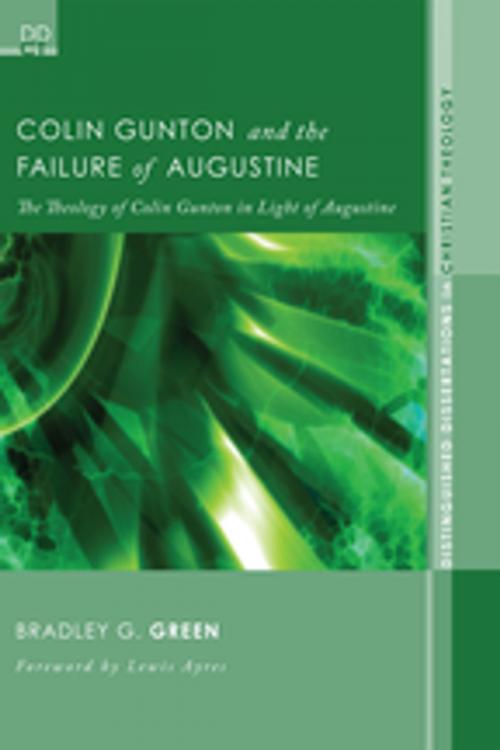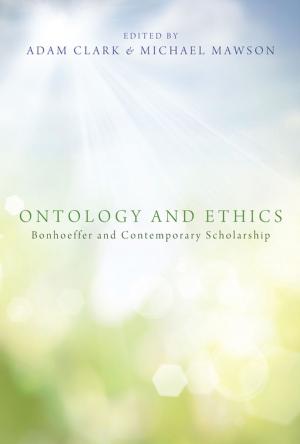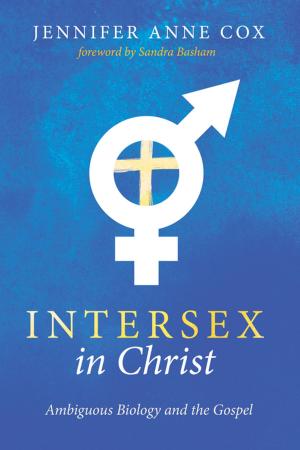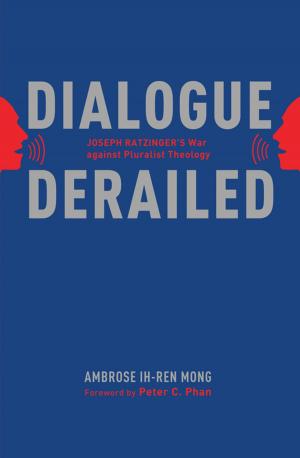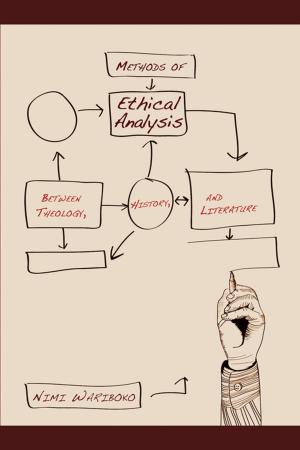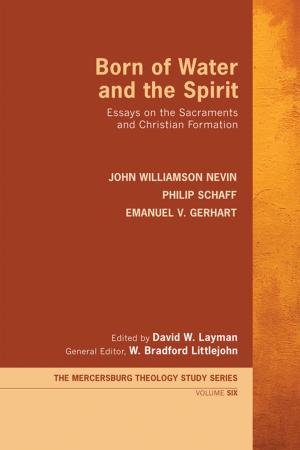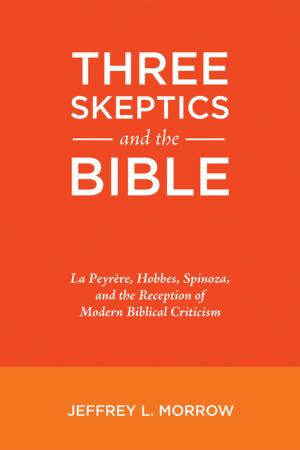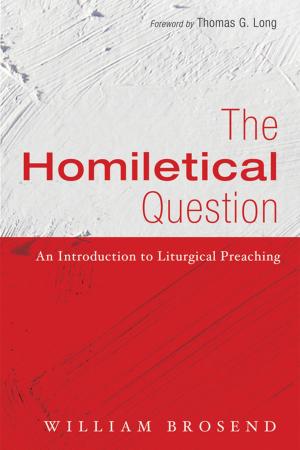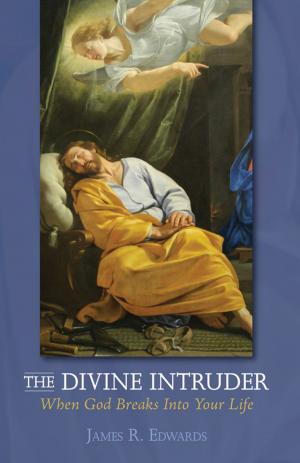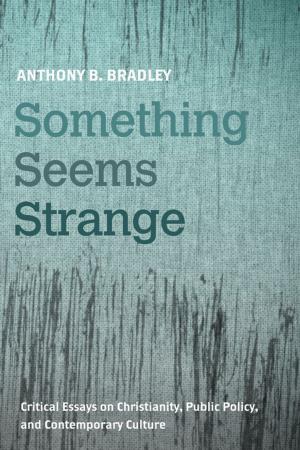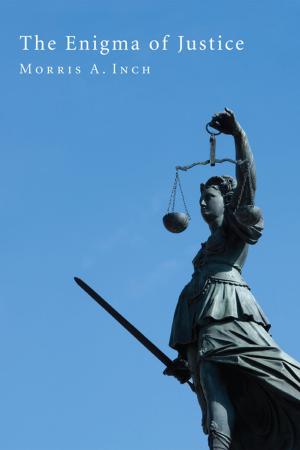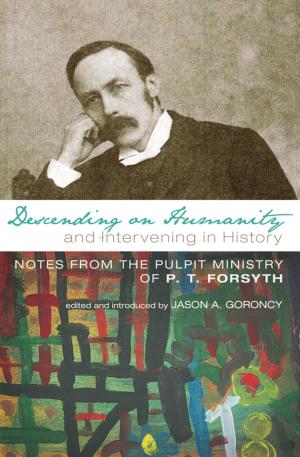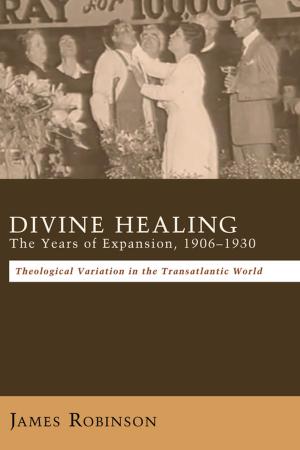Colin Gunton and the Failure of Augustine
The Theology of Colin Gunton in Light of Augustine
Nonfiction, Religion & Spirituality| Author: | Bradley G. Green | ISBN: | 9781621890911 |
| Publisher: | Wipf and Stock Publishers | Publication: | June 6, 2011 |
| Imprint: | Pickwick Publications | Language: | English |
| Author: | Bradley G. Green |
| ISBN: | 9781621890911 |
| Publisher: | Wipf and Stock Publishers |
| Publication: | June 6, 2011 |
| Imprint: | Pickwick Publications |
| Language: | English |
Colin Gunton argued that Augustine bequeathed to the West a theological tradition with serious deficiencies. According to Gunton, Augustine's particular construal of the doctrine of God led to fundamental errors and problems in grasping the relationship between creation and redemption, and in rightfully construing a truly Christian ontology. Bradley G. Green's close reading of Augustine challenges Gunton's understanding. Gunton argued that Augustine's supposed emphasis of the one over the many severed any meaningful link between creation and redemption (contra the theological insights of Irenaeus); and that because of Augustine's supposed emphasis on the timeless essence of God at the expense of the three real persons, Augustine failed to forge a truly Christian ontology (effectively losing the insights of the Cappadocian Fathers). For all of Gunton's insights (and there are many), Green argues that Augustine did not sever the link between creation and redemption, but rather affirmed that the created order is a means of genuine knowledge of God, the created order is indeed the only means by which redemption is accomplished, the cross of Christ is the only means by which we can see God, and the created order is fundamentally oriented toward a telos-- redemption. Concerning ontology, Augustine's teaching on the imago Dei, and the prominent role that relationship plays in Augustine's doctrines of man and God, provides the kind of relational Christian ontology that Gunton sought. In short, Green argues, Augustine could have provided Gunton key theological resources in countering the modernity he so rightfully challenged.
Colin Gunton argued that Augustine bequeathed to the West a theological tradition with serious deficiencies. According to Gunton, Augustine's particular construal of the doctrine of God led to fundamental errors and problems in grasping the relationship between creation and redemption, and in rightfully construing a truly Christian ontology. Bradley G. Green's close reading of Augustine challenges Gunton's understanding. Gunton argued that Augustine's supposed emphasis of the one over the many severed any meaningful link between creation and redemption (contra the theological insights of Irenaeus); and that because of Augustine's supposed emphasis on the timeless essence of God at the expense of the three real persons, Augustine failed to forge a truly Christian ontology (effectively losing the insights of the Cappadocian Fathers). For all of Gunton's insights (and there are many), Green argues that Augustine did not sever the link between creation and redemption, but rather affirmed that the created order is a means of genuine knowledge of God, the created order is indeed the only means by which redemption is accomplished, the cross of Christ is the only means by which we can see God, and the created order is fundamentally oriented toward a telos-- redemption. Concerning ontology, Augustine's teaching on the imago Dei, and the prominent role that relationship plays in Augustine's doctrines of man and God, provides the kind of relational Christian ontology that Gunton sought. In short, Green argues, Augustine could have provided Gunton key theological resources in countering the modernity he so rightfully challenged.
